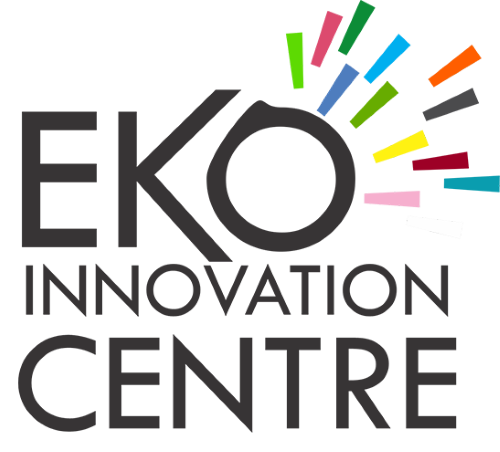Culture is the backbone of any successful startup. It defines how a company operates, how employees interact, and how decisions are made. A strong startup culture can attract top talent, drive innovation, and create a cohesive team that is committed to achieving the company’s goals. Conversely, a weak or toxic culture can lead to high employee turnover, low morale, and ultimately, the failure of the startup. Building and nurturing a positive and effective culture should be a top priority for startup founders.
To further strengthen your startup’s foundation, don’t forget the role of long-term strategies and funding options. Check out our [article on “Future-Proofing Your Startup: Strategies for Long-Term Success”) to discover how to build a resilient team and sustainable growth plan.
Defining Startup Culture
Startup culture encompasses the values, beliefs, and behaviors that characterize how work is done within a company. It’s often influenced by the founder’s vision and leadership style, but it’s also shaped by the team, the industry, and the company’s mission. A strong culture aligns the team with the startup’s goals, fosters collaboration, and encourages innovation.
Key elements of a successful startup culture include:
- Vision and Mission: A clear and compelling vision provides direction and purpose for the startup. It inspires employees to work towards a common goal and helps attract individuals who are passionate about the company’s mission.
- Values: Core values are the principles that guide decision-making and behavior within the startup. These values should be clearly communicated and consistently upheld by the leadership team.
- Communication: Open and transparent communication is essential to a healthy startup culture. Employees should feel empowered to share ideas, provide feedback, and raise concerns without fear of retribution.
- Innovation: Startups thrive on innovation, and a culture that encourages creativity and experimentation is key to staying competitive. Employees should feel comfortable taking risks and learning from failures.
- Team Collaboration: A strong culture promotes teamwork and collaboration. When employees work together towards a common goal, they can achieve more than they could individually.
Building and Sustaining a Positive Culture
Creating a strong startup culture requires intentional effort and continuous reinforcement. Here are some strategies for building and sustaining a positive culture:
- Lead by Example: Founders and leaders set the tone for the culture. By embodying the startup’s values and demonstrating the desired behaviors, leaders can inspire the rest of the team to follow suit.
- Hire for Cultural Fit: When building a team, it’s important to consider not just technical skills but also cultural fit. Hiring individuals who align with the startup’s values and mission helps maintain a cohesive and motivated team.
- Foster a Sense of Ownership: Giving employees a sense of ownership and responsibility can boost engagement and commitment. This can be achieved through equity options, involving employees in decision-making, and recognizing their contributions.
- Celebrate Successes: Recognizing and celebrating achievements, both big and small, reinforces a positive culture and motivates the team to continue striving for success.
- Address Toxic Behaviors: Toxic behaviors can quickly erode a positive culture. It’s important to address any issues promptly and ensure that everyone in the startup adheres to the company’s values and standards of behavior.
Challenges of Maintaining Culture
As startups grow, maintaining a consistent culture can become challenging. New employees bring different backgrounds and perspectives, and the demands of scaling can strain the team. To preserve the startup culture during growth, founders must be vigilant in reinforcing the company’s values and ensuring that new hires align with the existing culture.
Conclusion
A strong startup culture is the foundation for long-term success. It drives employee engagement, fosters innovation, and creates a cohesive team that is dedicated to the startup’s mission. By intentionally building and nurturing a positive culture, startups can create an environment where employees thrive and the business flourishes.
At Eko Innovation Centre, we believe that culture is a critical component of startup success. Our programs and initiatives are designed to help startups build strong, positive cultures that support innovation and growth.
